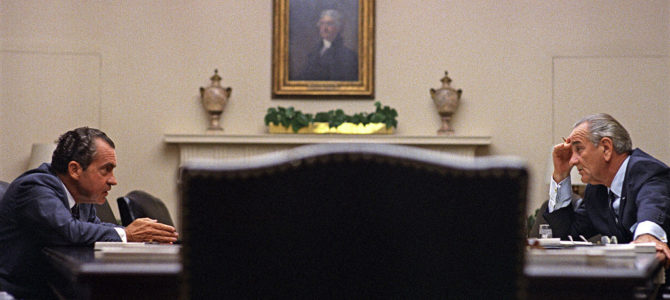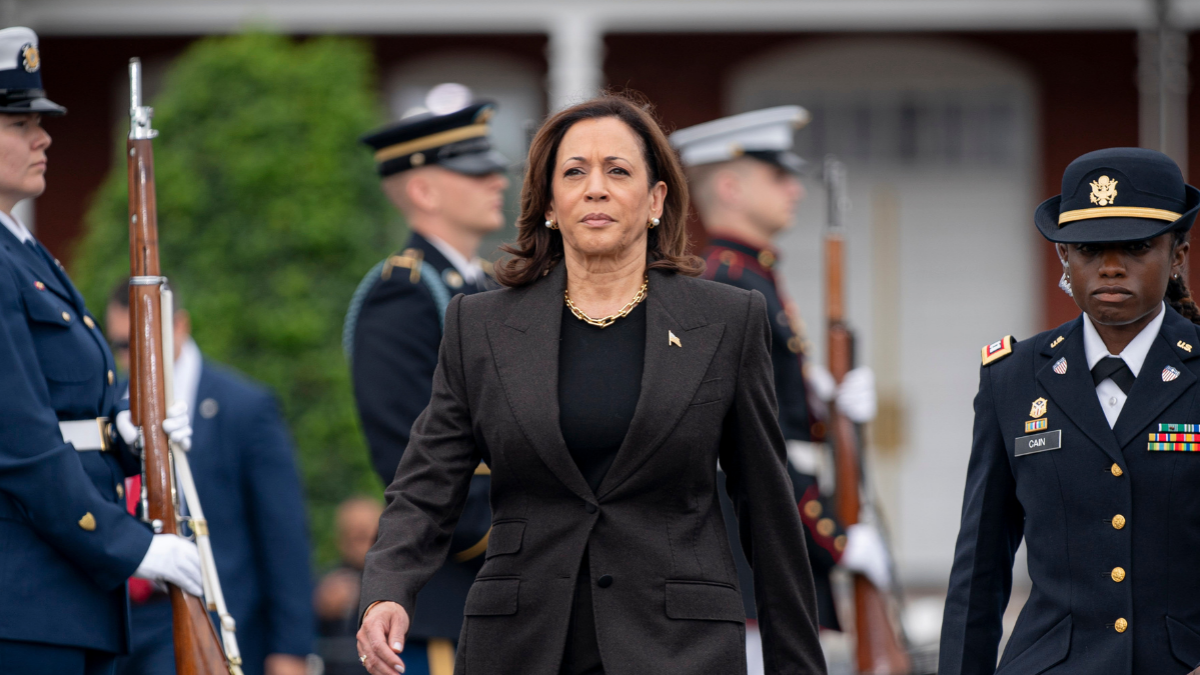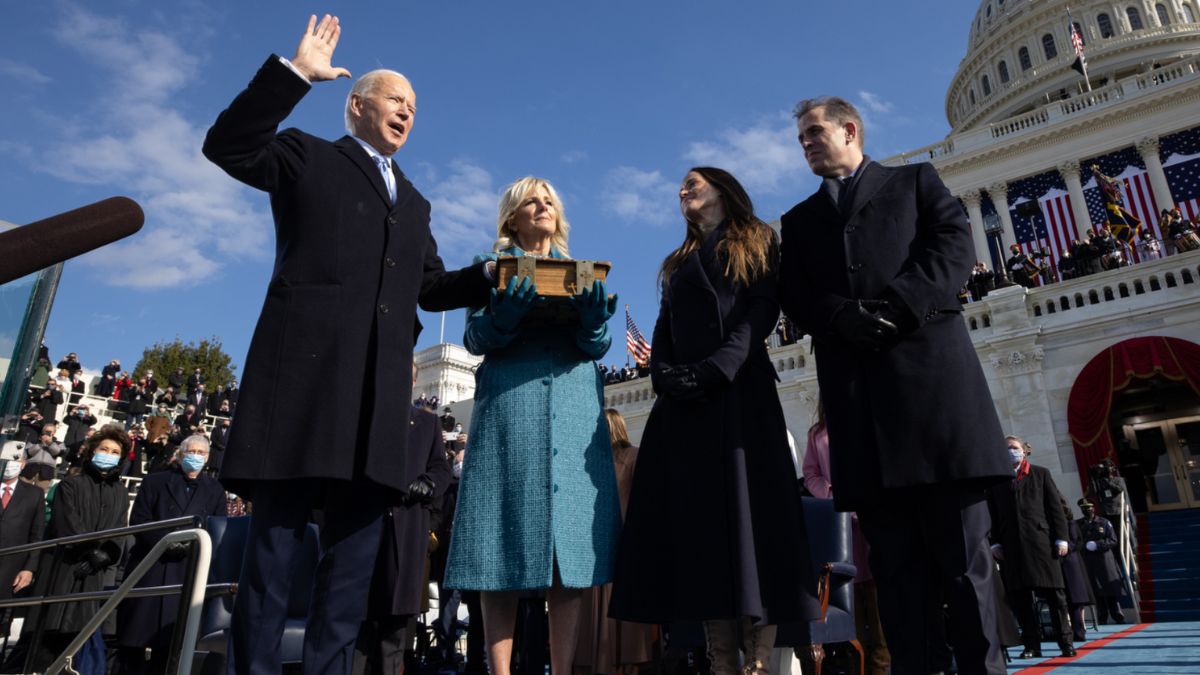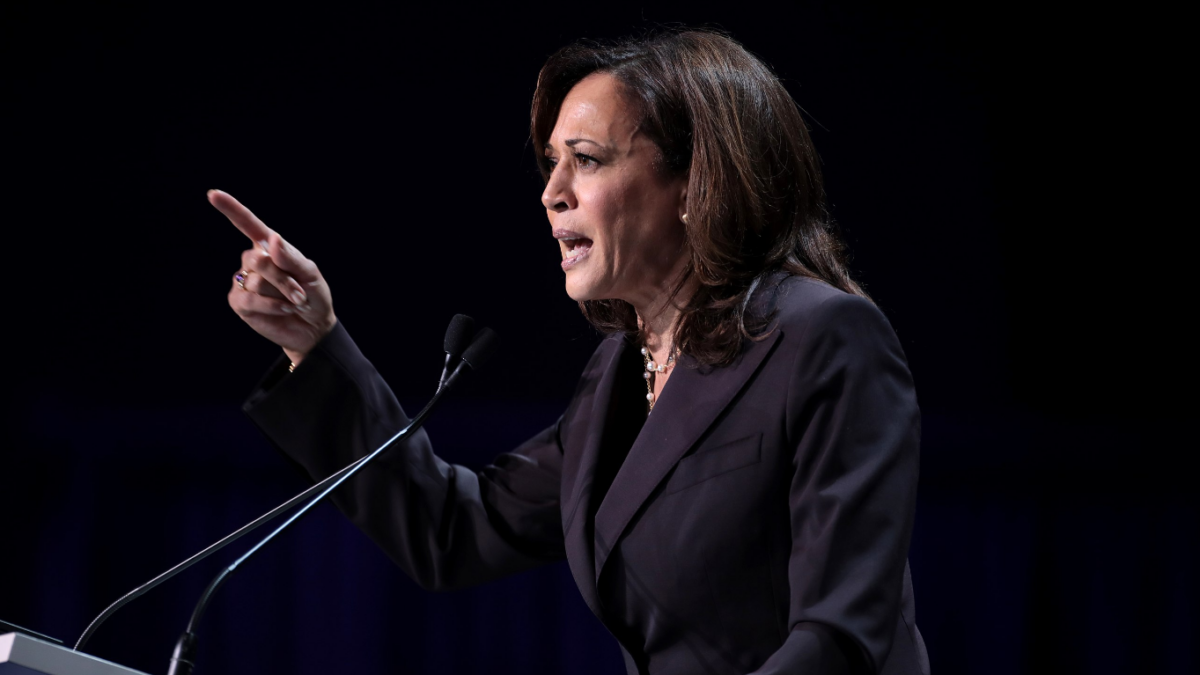
The sensational release of the Nunes memo on Friday, and a whole series of new releases of information that are going to start coming thick and fast in its wake, brought the controversy over the FBI investigation of the Trump campaign fully to the public’s attention.
If you’re trying to get up to speed, it feels a bit like suddenly immersing yourself in theories about the Kennedy assassination. There are so many partial and equivocal facts that it’s easy for people to spin them in a partisan way, particularly if they’re hoping it will turn into another Watergate. And both sides want it to be Watergate, either for the Trump administration or for the Obama administration.
So let’s try to outline the basic facts of this story and figure out what we can say is definitely true, without stretching for interpretation or saying “if this turns out to be true.” Because that kind of speculation is about 90 percent of what we’re hearing right now. Let’s start with what we know and don’t know about the Trump campaign.
What we know: The Trump campaign was connected to people who had shady connections to Russia.
As he was clinching the nomination in early 2016 and headed into the general election, Donald Trump had no real foreign policy team and couldn’t attract a lot of famous names with serious foreign policy experience. So in an attempt to make it look like he had a foreign policy team, he put some relatively obscure, oddball figures like Carter Page and George Papadopoulos on an “advisory panel.”
Trump being Trump, he had little or no contact with these supposed “advisors” and knew next to nothing about them, but he still touted them to the press as “terrific” people. Some of them were undoubtedly attracted to Trump because of his sympathy for Russia’s President Vladimir Putin, which they shared. Some of those same people came under suspicion as potential recruits for Russian intelligence, which is the reason given for the FBI investigations of them.
Page was on the FBI’s radar since 2014. (But like I said, it’s complicated. There is also speculation that Page may have previously worked for the FBI to catch Russian spies. Or maybe not. It’s like being stuck halfway through a Tom Clancy novel.) Papadopoulos came under investigation because the Russians were trying to use him to set up meetings with Trump and his senior staff, ostensibly to pass on “political dirt” against Hillary Clinton—though as far as I can tell, those meetings never happened.
We also know that Trump hired Paul Manafort to run his campaign early on and initially appointed Michael Flynn as his national security advisor. Manafort is an unprincipled opportunist with well-known Russia connections, and Flynn turned out to be uncomfortably sympathetic to Moscow, though the only thing he’s been caught at, and the reason he was dropped as national security advisor, was lying about whether he had a meeting with a Russian ambassador.
What we don’t know: Trump conspired with the Russians!
Nobody says “conspiring.” They talk about “collusion” because the word “conspiracy” evokes a conspiracy theory, and those have kind of a bad reputation. But Democrats want a do-over of the 2016 election, so they’re really hoping this will all lead to incontrovertible evidence that Trump conspired with the Russian government to turn the election against Hillary Clinton. I guess that would give them grounds for impeachment.
But here’s what nobody has any evidence for so far: that Trump or his senior people met with Russian agents, that they cooperated with the Russians in spreading damaging information about Clinton, or that Russian operations had any definitive impact on the result of the election.
It is well known that Russia supports a “troll army” devoted to provoking political turmoil in countries targeted by the Vladimir Putin regime; that Russia spent a fairly small amount of money on Facebook (a tiny fraction of the spending of the two political campaigns) to promote its trolls; and that shady Russians tried to get inside connections to the Trump campaign. Everything else is speculation and wishful thinking, but I guess that’s more comforting to some Democrats than admitting that they chose an unappealing presidential candidate who was already mired in scandal.
Now let’s turn to the other side: the FBI’s investigation of the Trump campaign’s contacts with the Russians.
What we know: The FBI investigation was compromised by political bias and conflicts of interest.
In preparation for the election, Clinton’s campaign hired a company called Fusion GPS to do “opposition research” on Trump. In turn, Fusion GPS hired a former British intelligence operative named Michael Steele, who was paid $160,000 to compile a dossier that included a bunch of Russian gossip about Trump.
There is nothing illegal or necessarily improper about that. Campaigns do opposition research all the time, and former spies hire out their services as investigators. But Steele was fanatically anti-Trump and maybe wanted to do a little double-dipping, so he turned around and sold that same dossier to the FBI.
Here’s where things get questionable. The FBI had a previous relationship with Steele and had contracted with him for information before. But they also knew, or should have found out, that his dossier on Trump had been commissioned by the Clinton campaign. So there was a lot of reason for them to be leery of using any part of it in such a politically sensitive investigation. Steele’s opportunism should have been a real tip-off. Only ten days after citing Steele’s information as part of their “probable cause” for a wiretap of Page, the FBI had to ban Steele from future work for the FBI because he was breaking their rules by blabbing to reporters about being an FBI informant.
Why did they let down their guard? Well, it turns out that the FBI agent who initiated the investigation into Page was Peter Strzok. When House investigators began poking around they found an astonishing 50,000 text messages Strzok sent to another FBI agent, with whom he was carrying on an affair—there’s a lesson here somewhere about operational security—in which he repeatedly describes his political opposition to Trump in ways that imply it affected his investigation.
House investigators also discovered that Associate Deputy Attorney General Bruce Ohr, who was involved in the investigation, is married to Nellie Ohr, who worked with Steele at Fusion GPS; that Bruce Ohr served as a go-between in the FBI’s dealings with Steele; and that he passed on his wife’s own opposition research on Trump to the FBI. It’s an obvious conflict of interest.
Ideally, something as sensitive as an investigation of people connected to a presidential campaign would not be initiated and led by an agent with a political animus against that campaign; an FBI official with family ties to opposition researchers would recuse himself from any involvement; and the investigation would treat with a great deal of skepticism a dossier that originated from a rival campaign’s opposition research—if they touched it at all.
The further irony here is that this case centers around wiretap warrants sought through special courts organized under FISA, the Foreign Intelligence Surveillance Act, which is meant to restrict wiretaps of U.S. citizens. For as long as I can remember, it has been Democrats who warned that this power could be abused by government officials to spy on their political opponents. It turns out they were right—it’s just that they were the ones who fell for the temptation.
Yet there is only so much that the information we have so far actually proves. To give you an idea how misleading and partisan all of this is, the Nunes memo implies that the FBI never disclosed to the FISA court that the Steele dossier originated as opposition research—yet Nunes has since admitted that the dossier’s political motives were disclosed. So you can’t believe everything you hear.
At National Review, Andrew McCarthy—a former federal prosecutor who believes the FBI overstepped its legitimate power here—describes the limits of the case.
[T]he committee has not been well-served by comparisons of the narrow FISA abuse detailed in the memo to Watergate—the greatest governmental crisis in modern American history. The memo outlines serious derelictions. Yet we do not yet know whether they are more widespread than the case of Page’s surveillance; nor do we know what other information was presented to the FISA court over the months of surveillance and, critically, whether valuable intelligence about Russian operations against the United States was derived.
Moreover, the Senate committee investigating this case just issued a “criminal referral”—basically, a request for the Department of Justice to initiate a prosecution—but it’s against Steele for allegedly lying to the FBI, not against any of the FBI agents involved in the case. Maybe that will come later, but we’re not there yet. That leads us to the big thing missing from this story.
What we don’t know: There’s a Deep State conspiracy to overthrow the president!
There’s that word “conspiracy” again. The concept of a “deep state” was borrowed from a real conspiracy, a system set up in the 1920s by Turkish autocrat Mustapha Kemal Ataturk to prevent threats to his system of authoritarian secular nationalism. The deep state—it didn’t get that name until much later—was a cabal of government officials dedicated to protecting the Kemalist system by means that ranged from assassinations to military coups.
The irony, for those who have followed what’s going on in Turkey, is that the specter of the “deep state” can itself be used to justify persecution of political opponents and suppressing liberty. This is what Turkish President Recep Tayyip Erdogan has been doing in recent years under the pretext of stamping out the deep state. So you would think we might show a little more caution about throwing these terms around. But of course we don’t.
By all means, lets follow the threads of these investigations—into the Trump campaign and into the FBI’s investigation of the Trump campaign—wherever they lead. Let’s just not expect much. The Trump administration has already had to cut loose some hangers-on with suspicious ties to Russia, and now maybe on the other side a couple of politically biased FBI agents will be pressured to resign. But this isn’t all that likely to turn into another Watergate.
That’s the bigger problem. The shadow of Watergate lures political partisans with the prospect of winning their political battles by making an end run around ordinary politics. The scandal will break open, they fantasize. There will be BOMBSHELL REVELATIONS, it will lead ALL THE WAY TO THE TOP, and their political opponents will be suddenly and catastrophically discredited. But people have tried this with every president since Nixon, in a series of overblown and underwhelming scandals. They tried it with Ronald Reagan, Bill Clinton, George W. Bush, Barack Obama, and now with Trump. It has not turned out to be the most rewarding political or psychological investment to make.
Want to check the power of a president you despise? Try focusing on midterm congressional elections and maybe not being dismissive and condescending toward ordinary voters for a few months. (Democrats, I know this is hard for you.) Want to overcome the inertia and resistance of the permanent bureaucracy? Try making effective appointments to the executive agencies (which President Trump has done pretty well), getting the president to focus on the details and show message discipline when it comes to implementing his priorities (we all know that’s not going to happen), and here’s a radical idea: try getting Congress to pass actual laws that will reduce the size of government and take away some of its power. (Republicans, I know this is hard for you.)
But stop wasting our time and energy trying to make Watergate happen.
Follow Robert on Twitter, where he never tweets breathless updates about the Russia/FBI investigation.









